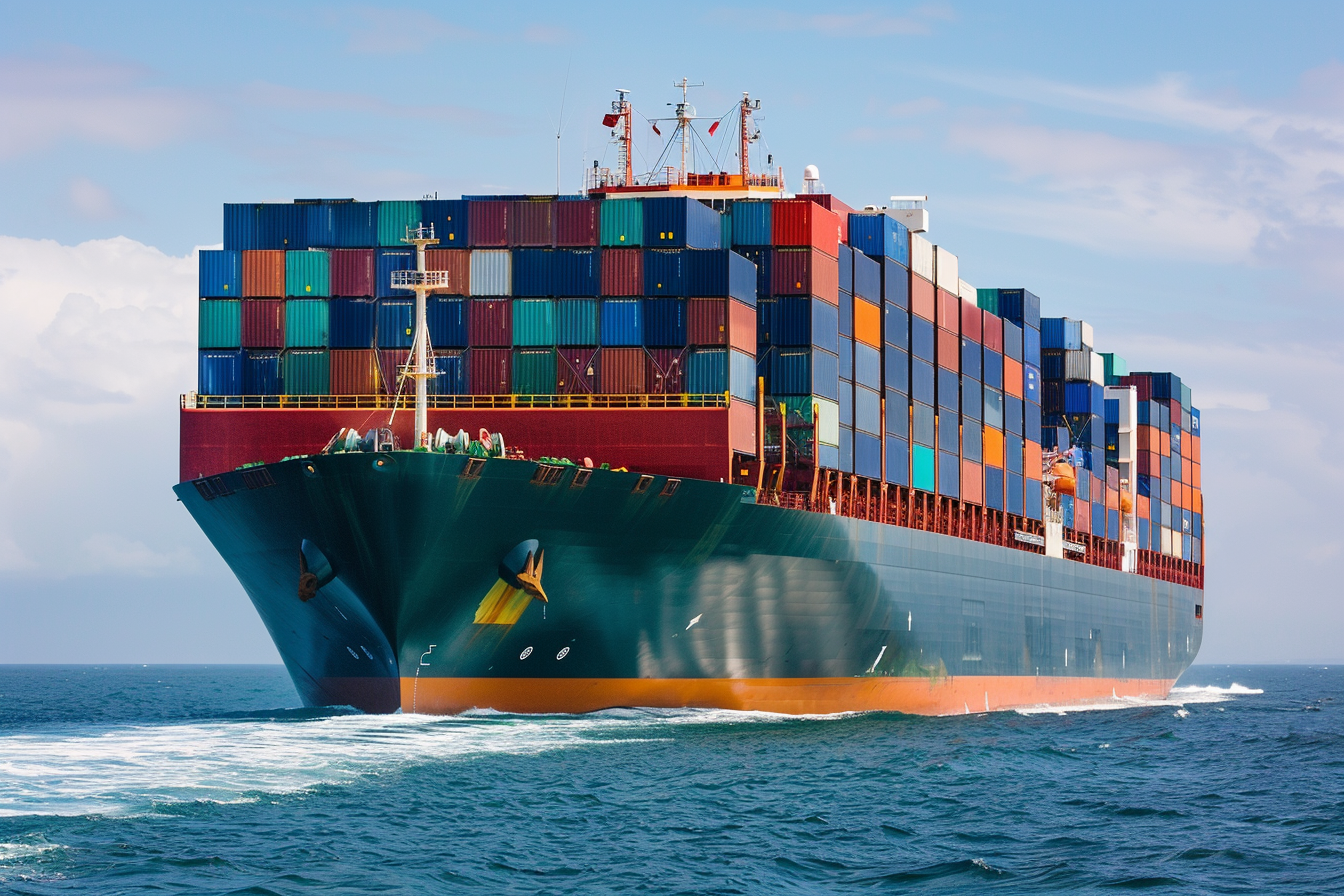Shipowners’ ships still circumnavigating Africa, interest in rail transport expected to increase
Maritime transport between Asia and Europe is still affected by the fact that many shippers have stopped using the Suez Canal due to attacks on ships. As a result, ships are temporarily circumnavigating Africa, resulting in longer transit times and increased freight costs. Therefore, it is expected that there will be an increase in interest in rail connections with groupage containers, which PST CLC Mitsui-Soko provides with regular departures and is able to immediately provide service for entire containers both from and to China.
How will the situation in the Red Sea develop? “Shipowners say that until they are sure that passage will be safe for ships and crews, ships will not pass through the area. According to the latest information, the European Union has set up a security mission to protect vessels. Its work should start in about a month. We will see to what extent this activity will convince shipowners,” says Jan Bláha, Transport Director of PST CLC Mitsui-Soko.
For PST CLC Mitsui-Soko and other companies, the current situation means an increase in transit times. “According to current information, despite the situation in the Red Sea, shipping prices could drop slightly on the part of shippers in order to support trade and thus increase transport volumes. For the time being, however, these are only assumptions,” says Jan Bláha.
Attacks in the Red Sea
The weekend before last, the Houthis carried out several attacks. They claim that these operations, including hitting a bulk cargo ship, represent the largest attack since October, when the war between Israel and Hamas began. Last Sunday evening, according to data from the Association of Forwarding and Logistics of the Czech Republic, an explosion occurred in close proximity to the Belize-flagged ship Rubymar, which caused damage. The ship is owned by Golden Adventure Shipping from the United Kingdom.
The attack took place in the Bab al-Mandeb Strait while the vessel was heading north from Khor Fakkan in the United Arab Emirates to Varna, Bulgaria. According to subsequent updates, the crew was forced to abandon ship due to damage caused by an alleged fire on board. No cases of injuries to the crew were reported. “Last Friday, the Houthis hit the Pollux oil tanker, which is owned by a British company, with a missile. The tanker was carrying Russian oil from Russia’s Black Sea port city of Novorossiysk and was on its way to deliver the oil to a refinery in Paradip, India. Adding to the increased sense of fear among sailors who will sail through the Red Sea was the US forces, which identified and destroyed a new class of weapons in Yemen: an unmanned submarine, also known as an unmanned underwater vehicle,” said Petr Rožek, Executive Director of the Association of Forwarding and Logistics of the Czech Republic.
Sailors can refuse to sail
Petr Rožek added that due to the current situation, an arrangement was published at the International Negotiation Forum (IBF), where crew employers and trade unions meet, allowing sailors to refuse to sail on ships passing through the Red Sea. Seafarers must refuse entry to the high-risk area seven days in advance due to logistical constraints during navigation and difficulties in facilitating disembarkation at a safe harbour and mobilizing repatriation in the area.





